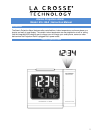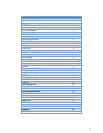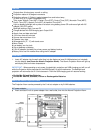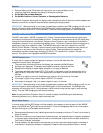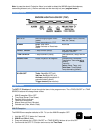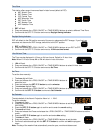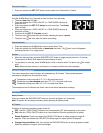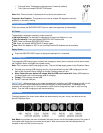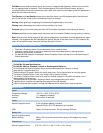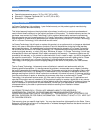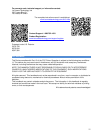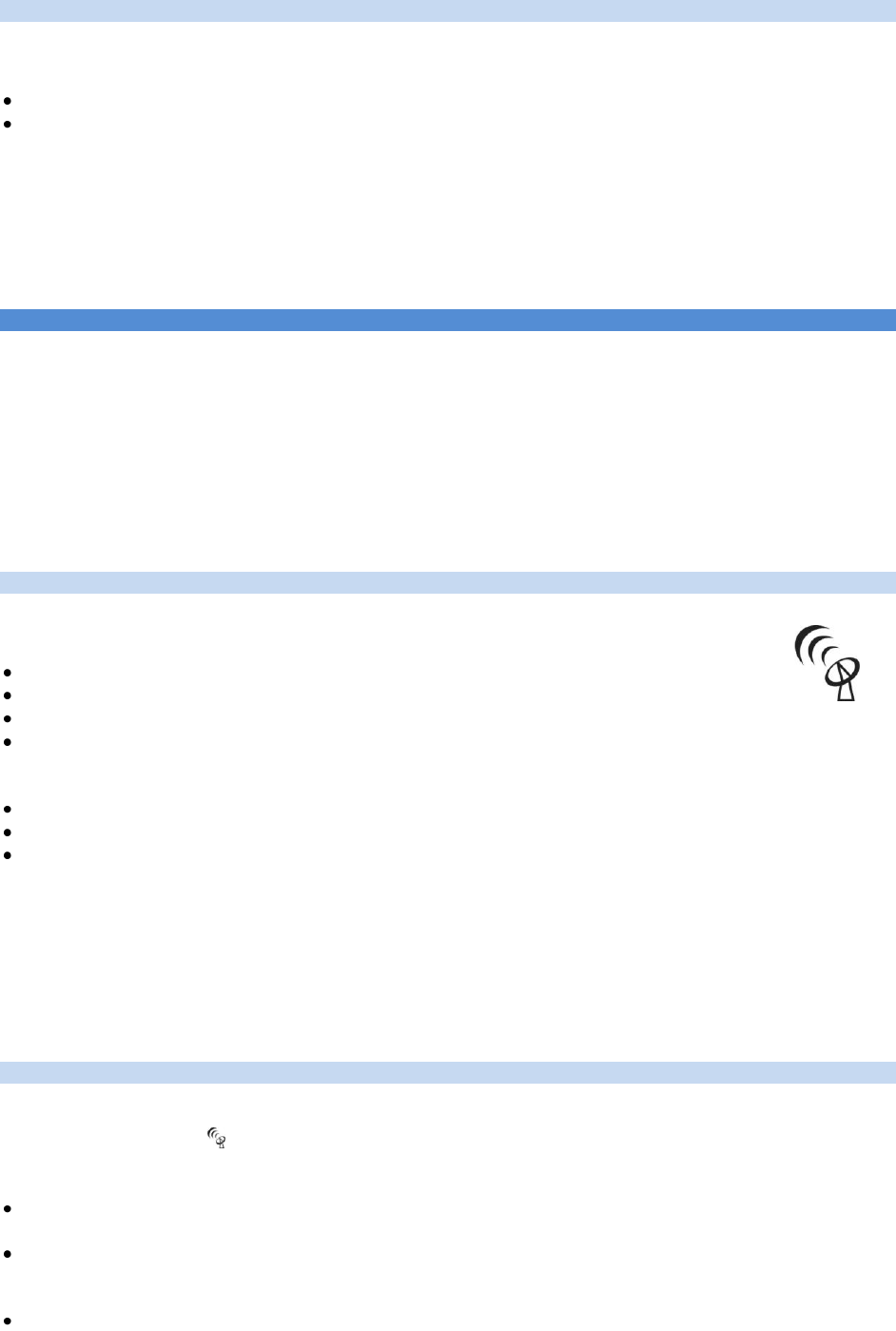
4
Batteries:
1. Remove battery cover: Slide tab to the up and pull out to remove battery cover.
2. Install two fresh AAA batteries according to the polarity markings.
Do Not Mix Old and New Batteries
Do Not Mix Alkaline, Lithium, Standard, or Rechargeable Batteries
If the Atomic Projection Alarm does not display indoor temperature after 60 seconds, remove adapter and
batteries, and wait for at least 60 seconds before repeating the setup process.
IMPORTANT: When operating on a/c power, the backlight, projection and USB charging port will turn off
while the Projection Alarm searches for the WWVB signal, to avoid interference. The backlight and
projection will return after the 2-10 minute search. Then the USB charging port will resume working.
WWVB Radio-controlled Time
The NIST radio station, WWVB, is located in Ft. Collins, Colorado and transmits the exact time signal
continuously throughout the United States at 60 kHz. The signal can be received up to 2,000 miles away
through the internal antenna in the Atomic Projection Alarm. However, due to the nature of the Earth’s
Ionosphere, reception is very limited during daylight hours. The Atomic Projection Alarm will search for a
signal every night when reception is best. The WWVB radio station derives its signal from the NIST
Atomic Clock in Boulder, Colorado. A team of atomic physicists continually measures every second of
every day to an accuracy of ten billionths of a second a day. These physicists have created an
international standard, measuring a second as 9,192,631,770 vibrations of a Cesium 133 atom in a
vacuum. This atomic clock regulates the WWVB transmitter.
WWVB Reception Icon
A Tower with full signal strength will appear on screen in front of the date when the
reception of atomic time is successful.
The tower icon will show solid when the display has received the WWVB signal.
No tower icon displayed. The display was unable to receive a signal at this time.
Reposition the display for better signal reception or try again at bedtime.
The display will start searching at UTC: 07:00 and if no reception on the first attempt they will try
again at 08:00, 09:00 and 10:00. Each attempt will be at least 2 minutes and the most will be 10
minutes.
If there is no signal or too much interference the receiver will only be on for 2 minutes.
If the signal is good it may catch a signal in ABOUT 2-3 minutes.
If the signal is marginal it will try to catch a signal for up to 10 minutes.
IMPORTANT: When operating on a/c power, the backlight, projection and USB charging port will turn off
while the Projection Alarm searches for the WWVB signal, to avoid interference. The backlight and
projection will return after the 2-10 minute search (which occurs during the late night or early morning
hours). Then the USB charging port will resume working.
Note: In case the Atomic Projection Alarm is not able to detect the WWVB-signal (disturbances,
transmitting distance, etc.); the time may be manually set.
Manual Signal Search:
In normal mode, hold the RCC button until the reception icon appears to force a search of the WWVB
signal. The WWVB icon will flash during the search. If this icon disappears after the 2-minute search,
the radio time signal is not available at the moment.
Recommended distance to any interfering sources like computer monitors or TV sets is a minimum of
6 feet (2 meters).
Within ferro-concrete rooms (basements, superstructures), the received signal is naturally weakened.
In extreme cases, please place the unit close to a window and/ or point its front or back towards the
Fort Collins, Colorado, transmitter.
During nighttime, the atmospheric disturbances are usually less severe and reception is possible in
most cases. A single daily reception is adequate to keep the accuracy deviation below 1 second.



